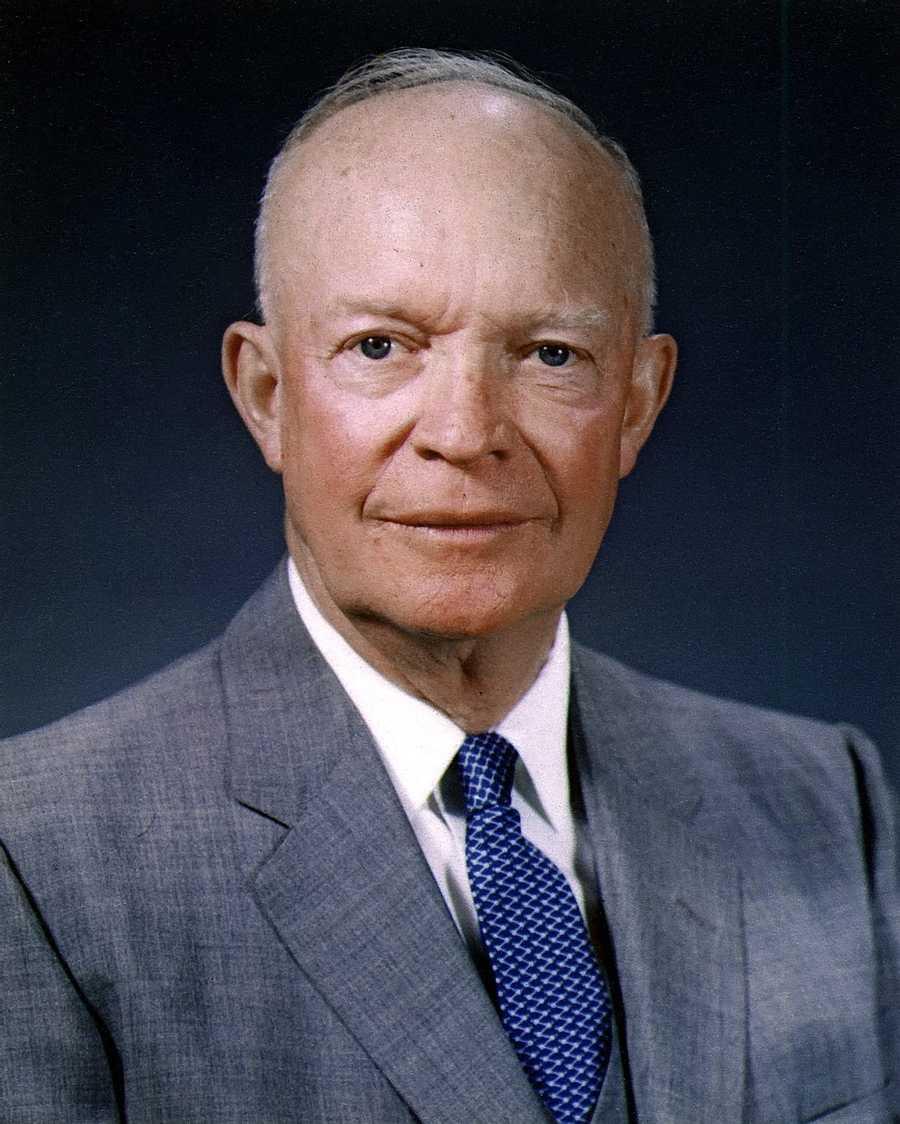Explore the World's Best Ideas
Join today and uncover 100+ curated journeys from 50+ topics. Unlock access to our mobile app with extensive features.
Think Like A Chef
Only one profession has developed a comprehensive philosophy on how to work, the culinary arts, and that philosophy is mise-en-place, a French phrase which means “to put in place.”
In the kitchen, it means to gather and arrange the ingredients and tools needed for cooking, but it’s also a tradition of focus and discipline, a method of working and being. A way of life.
296
3.06K reads
Focus: To Put In Place
- Part of developing good MEP(mise-en-place) is having a plan of how everything will happen, and a map of where everything should be.
- You should know where all of your tools are blindfolded.
- Chef simply means “boss” in French.
271
2.49K reads
297
3.85K reads
Working Without Things In Place
- A big part of our overwhelm with work occurs because we’ve never been taught how to manage that work.
- Chefs commit to a life of preparation, where you always have to think ahead. Cooking can’t happen without prep coming first.
- A commitment to process doesn’t mean following tedious procedures, it’s about becoming a high-functioning human being and being happier for it.
274
1.92K reads
Work Clean With Time
We need to work clean with time, which means:
- Determining our daily actions
- Ordering those actions in sequence
For your most important, recurring tasks, log out how long they take so you can make accurate predictions of how long they’ll take in the future. Such as writing an article or preparing an email report.
275
1.74K reads
Apply the Rule Of 3
- Select 3 actions to complete for this day.
- Plan those actions on your calendar
- If you truly commit those tasks when and as quickly as you planned, you can do up to 4 tasks tomorrow.
- Keep increasing until you start to fail at completing your tasks.
- Arrive everywhere 15 minutes early so you never feel rushed or stressed.
311
1.75K reads
Space And Movements
- You don’t need much space if you’re smart about how you use it.
- Cultivate the use of both sides of your body, both sides of the space, both sides of a motion.
- Create checklists so you have recurring recipes for your processes.
262
1.58K reads
Checklist: Test Your Tasks
- Select a task that you do often.
- Break it down into 10 steps or fewer.
- Determine if you need a Read-Do (read then do it) or a Do-Confirm (do the items then use the checklist after to confirm).
- Test your checklist by using it 3 times.
- Update the checklist each time you use it, as necessary.
- Remove friction.
283
1.35K reads
Cleaning All The Time
You cook the way you look: the cleaner your station, the faster you work.
- Practice “coming to zero”: every hour, take a minute to straighten your physical and digital workspace, no matter what you’re currently doing.
- Scan your environment for anything not in use
- Put away everything not in use
- Group all “like” objects
- Align or square all objects to either the surface they’re on, or the studio itself.
279
1.19K reads
First Moves
The first moments cost more than the later ones. When a task in the present unlocks a cascade of work that other people do on our behalf, the worth of process time increases and becomes harder to measure.
There are two kinds of work:
- The first is hands-on, immersive, and creative, like writing or designing. This is solo, creative work that is usually your most important work.
- Hands-off, process work that enables other people to do work. This seems less important since it’s more managerial, but since it enables other people to do their work it’s worth doing first.
264
960 reads
Finishing Actions
- Do similar jobs at the same time to minimize the switching costs between actions.
- Avoid orphaned tasks: tasks that haven’t been tied up in the neatest way possible to enable easy continuation later.
- If you can’t finish a task, tie it up for later.
- Collect all the materials and keep them in one place till you resume.
- Jot down any thoughts you have that are at the top of your mind that you want to remember.
- Schedule your session to resume the work.
- Communicate your progress to a partner or stakeholders to assess what remains to be done and whether help is available.
265
892 reads
Slow Down
- When you hear yourself overtalking or interrupting someone, simply talk slower. It’ll have a calming effect on you and force the other person to pay attention.
- Instead of stopping when you feel distracted, just move very slowly.
- In times of stress or panic, clean your workstation so your visual field is clear. Think about what you need to do next. Batch your tasks together. Close apps. Get to zero. Now resume slowly
274
885 reads
The Recipe For Success
- Commit to working smoothly and steadily. Use physical order to restore mental order. Don’t rush.
- Commit to balancing external and internal awareness. Stay alert.
- Commit to confirming and expecting confirmation of essential communication. Call back.
- Being polite can get in the way of getting work done, you need to communicate efficiently.
- Communication should be clear, concise, and respectful.
268
878 reads
Evaluating Your Errors
- For a day, keep a tally of all the errors you make, big or small.
- For each of the errors, write the consequence.
- At the end of the day, write down one thing for each that you could have done to avoid the problem.
- Commit to coaching yourself, to being coached, and to coach others.
- Evaluate yourself.
277
861 reads
Utilize Everything
- Conserve space to conserve motion to conserve time.
- Log where you lose time and resources to see how you might make better use of those resources and time periods. How can you plan better to avoid waste?
- Create routines for when you have downtime, for when you’re distracted, for when you know you’re passing through a particular place.
- Commit to valuing space, time, energy, resources, and people. Waste nothing.
260
804 reads
The Commitments of Working Clean
- Commit to preparation with a 30-minute daily planning session.
- Commit to a process which makes you better.
- Commit to being present in whatever you do.
272
1.05K reads
IDEAS CURATED BY
Rafael J.'s ideas are part of this journey:
Learn more about career with this collection
How to balance flexibility and structure in a hybrid team environment
Understanding the challenges of managing a hybrid team
How to maintain team cohesion
Related collections
Discover Key Ideas from Books on Similar Topics
4 ideas
DUSK to DAWN: Unleash Your Best Self Now!
The Journey of Σ
9 ideas
The PARA Method: A System for Organization
fortelabs.com
15 ideas
Drunk Tank Pink
Adam Alter
Read & Learn
20x Faster
without
deepstash
with
deepstash
with
deepstash
Personalized microlearning
—
100+ Learning Journeys
—
Access to 200,000+ ideas
—
Access to the mobile app
—
Unlimited idea saving
—
—
Unlimited history
—
—
Unlimited listening to ideas
—
—
Downloading & offline access
—
—
Supercharge your mind with one idea per day
Enter your email and spend 1 minute every day to learn something new.
I agree to receive email updates

